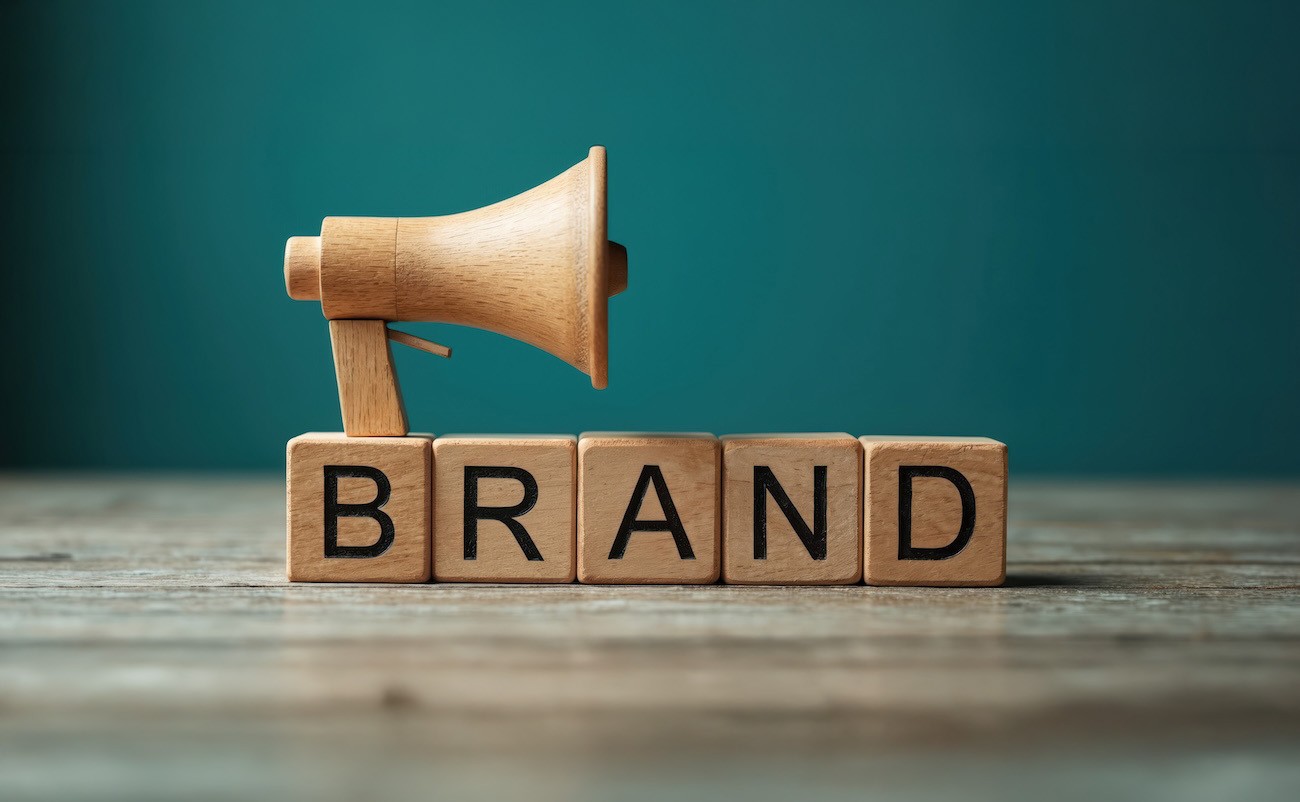Knee-jerk reactions. We all have them, both individually and corporately.
It's something we constantly warn our clients about. One of the challenges that a knee-jerk reaction presents is that it's tough to identify. Because it's such an innate reaction, we treat it like an idea and develop rationale around it which translates into not realizing that what we're doing is in fact, a knee-jerk response to some catalyst.
That being the case, when I read this article on CNN the other day about how Facebook overtook Google as the most trafficked site on the Internet, my mind immediately went to thinking about how many people would read that and if they weren't already at their desk, they would run back to their office, jump on Facebook and build a fan page for their organization...because after all, you've got to be where the people are, right?
Not necessarily.
Social Media is, at heart, social. Seems obvious right? But the implications of that truth don't seem to be.
Imagine showing up to a party and yelling, “Hey everyone, I'm here!” and then just standing in the corner for the rest of the time and when people approach you to talk, you stare blankly into space ignoring them. The only exception to that is that at random times, you shout out something that's important to you and might be important to them like “I like apples!”.
The reality is that many organizations do exactly that on Facebook. They create a fan page and get loads of people following them, but they don't generate or contribute to conversations that are occurring on it and as such, start looking a lot more like the guy in the corner at a party than someone who's truly interested in socializing.
As such, my suggestion is to either:
- Leave Facebook and other social media platforms alone until you are truly ready to socialize, OR
- Commit to being sociable and enjoy all the benefits that Facebook can bring.
The key to remember is that there's no real middle ground there.





